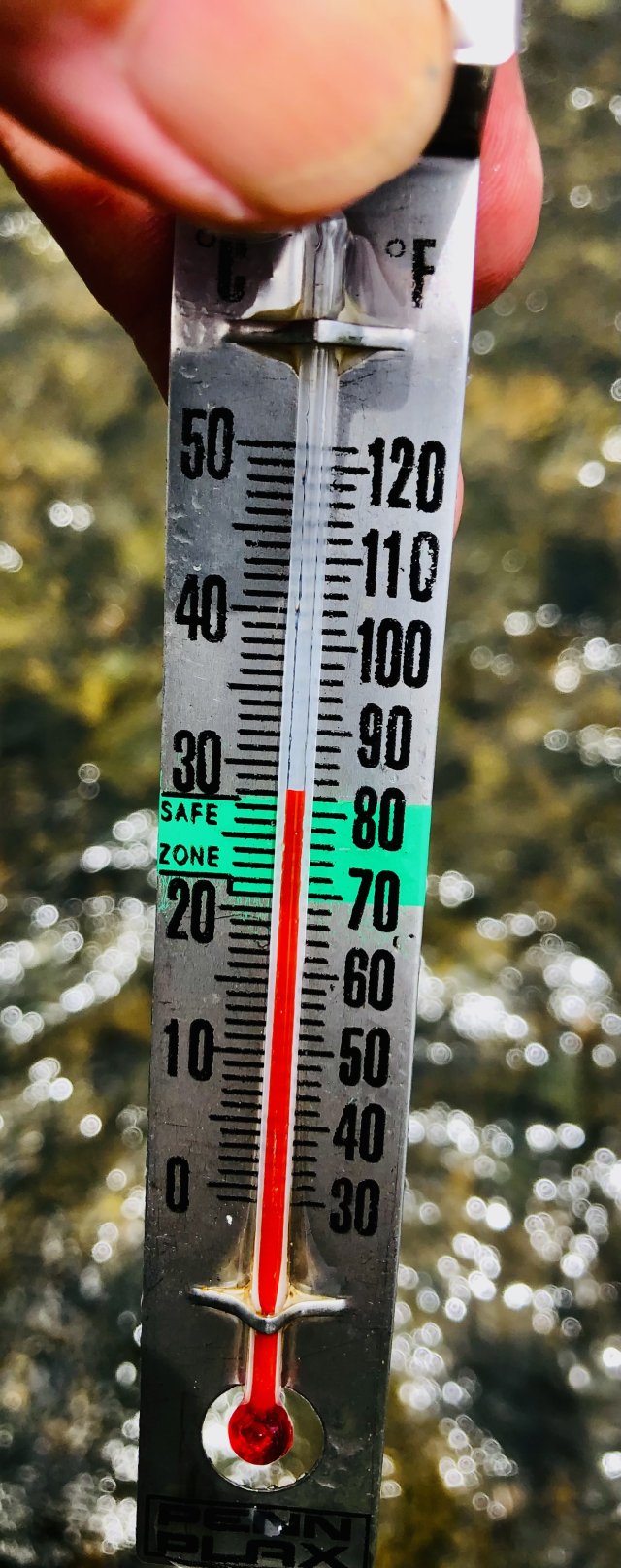- Have you tested your water?
- Yes
- If I did not test my water...
- ...I recognize that I will likely be asked to do a test, and that water tests are critical for solving freshwater health problems.
- Do you do water changes?
- Yes
- If I do not change my water...
- ...I recognize that I will likely be recommended to do a water change, and water changes are critical for preventing future freshwater health problems.
So one of my 40s has an ich outbreak. I have been told that ich cannot actually kill fish, and that any time there's deaths with a "white spot disease" it's actually epistylis. It actual ich, I'm well familiar with the visual difference, but that's not the main issue here. I had the temperature at 85 in that tank, until last night, when the heater's plug fell out of the power strip and dropped the tank to 70, killing a few of the fish. I stuck my fingers in to move stuff around/look for the fish... And without thinking after a few minutes stuck my hand in the (heavily populated) 125 to fix the powerhead. I cranked the heat up to 83 in there in preparation, this is all literally half an hour ago... What are the chances of a full blown outbreak from just that touch? Any other way I can stop it early? I'm aware that any ich in the water column is in the vulnerable stage so now would be the time to act. I'm hoping my tank's matured enough for the few tomonts to get eaten by my microfauna.



